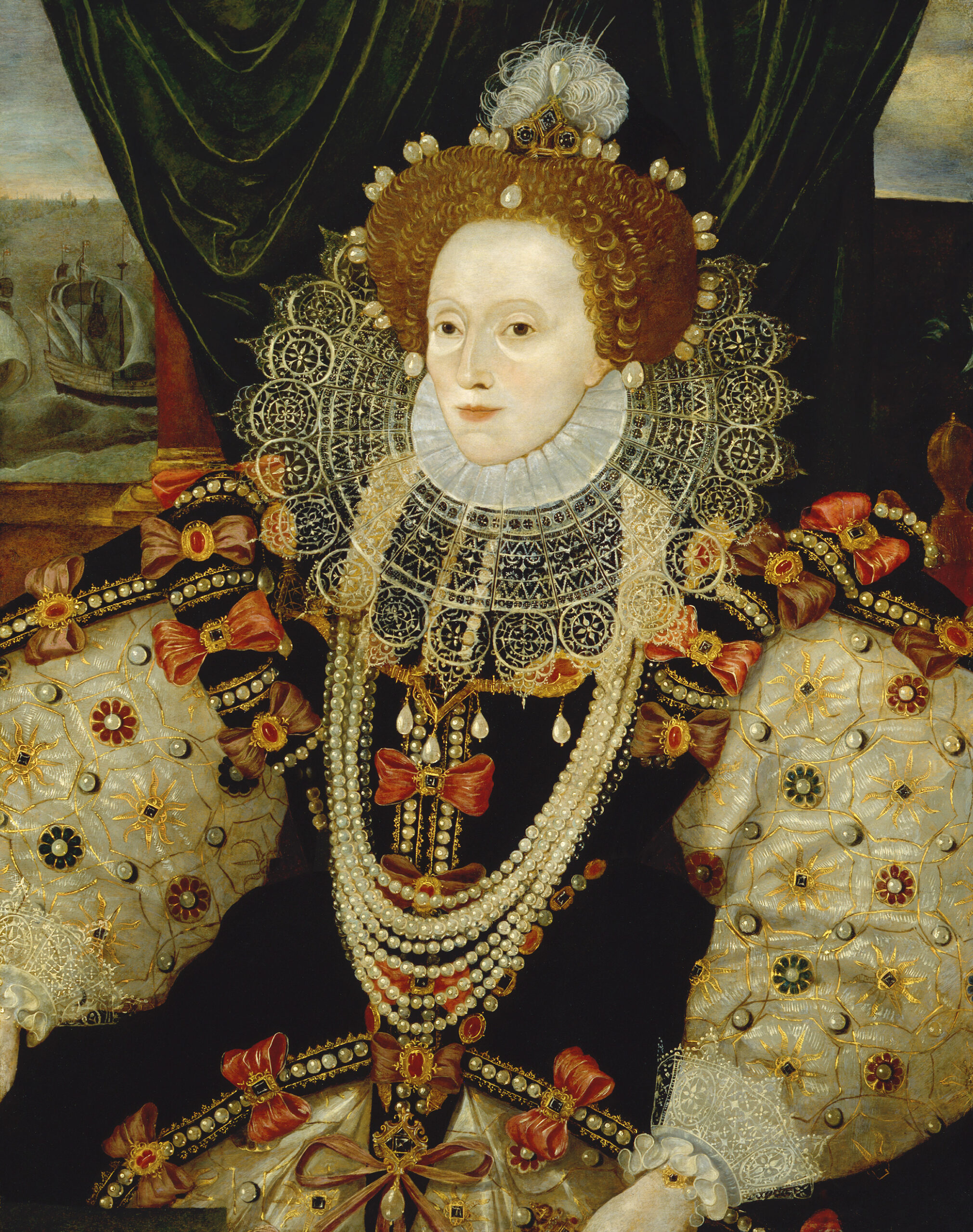Holburne Museum
28 January to 8 May 2022
In partnership with the National Portrait Gallery, London, and the Walker Art Gallery, Liverpool, the Holburne Museum will present a major new exhibition featuring 25 famous Tudor portraits

Robert Dudley, 1st Earl of Leicester by Unknown Anglo-Netherlandish artist, circa 1575 © National Portrait Gallery, London.
This focused exhibition, developed in partnership with the National Portrait Gallery and National Museums Liverpool, includes some of the most iconic images in British painting, including the ‘Darnley’ and ‘Armada’ portraits of Elizabeth I. Several of the works have never been shown outside London, including a portrait of Jane Seymour after Hans Holbein the Younger and the highly unusual Sir Henry Unton (c.1558–1596) portrait, which was painted posthumously and charts key moments in his life and death.
Henry VIII, Hans Holbein the Younger, circa 1537 © Victoria Art Gallery, Bath and North East Somerset Council.
Through the portraits, the exhibition explores this torrid period of religious conflict and political intrigue, the legacies of which continue to reverberate through contemporary British life. It features vivid likenesses of many of the most significant figures of the time, including Sir Francis Drake and Sir Walter Raleigh, Thomas Cranmer, Thomas More, William Cecil and Thomas Cromwell, whose fame has recently been revived by Hilary Mantel’s Wolf Hall trilogy.
Beginning with the oldest painting in the NPG’s collection, a 1505 portrait of the first Tudor king, Henry VII, the exhibition follows the family’s successive generations and their courtiers, including the Protestant spymaster Sir Francis Walsingham (c.1585) and Nicholas Hilliard’s dashing miniature portrait of Sir Walter Raleigh (c.1585).
 Queen Elizabeth I by Unknown artist, circa 1588 © National Portrait Gallery, London
Queen Elizabeth I by Unknown artist, circa 1588 © National Portrait Gallery, London



